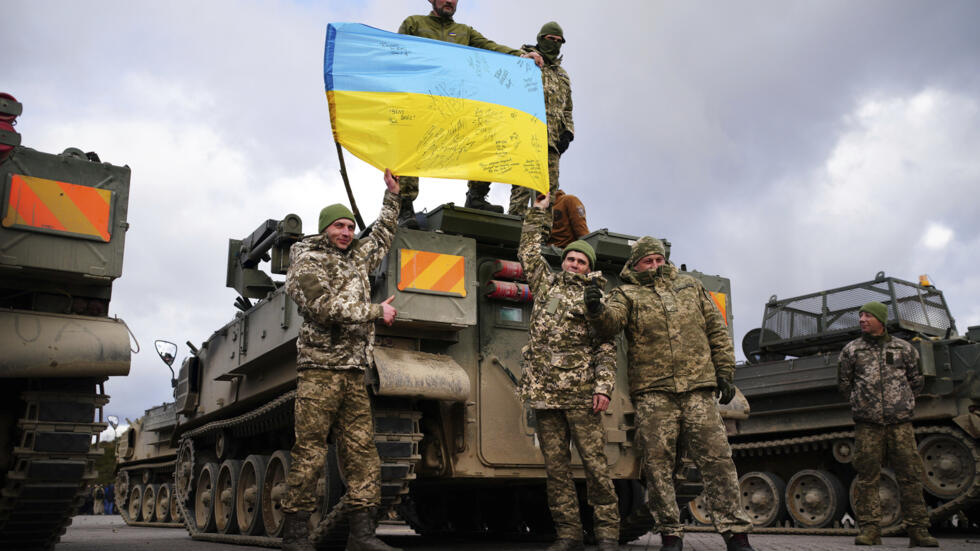Lawyer, graduated from the National University "Odesa Law Academy" with honors. Since 2017, I have been specializing in legal and educational and general legal issues. I am the author of legal articles, scientific publications and articles in the educational environment. Mentor of the "Veritas" legal clinic. The owner of the legal blog "Educational_law_ua" on Instagram.
In the face of modern challenges, the establishment of an effective military justice system in Ukraine takes on special significance. Military justice ensures order and fairness within military formations, as well as guarantees the rights of servicemen. This article examines the prerequisites, necessity, legal framework, and prospects for the development of military justice in Ukraine.
Historical Context and Prerequisites
Historically, the military justice system in Ukraine had certain traditions dating back to the Cossack era. However, with the gaining of independence in 1991, Ukraine inherited the Soviet model of military justice, which required reform in line with new democratic principles and European legal standards.
The events that unfolded in Ukraine in 2014, including the annexation of Crimea and the armed conflict in the Donbas region, significantly altered the security situation in the country. In these circumstances, ensuring law and order in the Armed Forces of Ukraine and other military formations became extremely pertinent.
Necessity for the Establishment of Military Justice
The necessity for the establishment of a military justice system in Ukraine is driven by several factors:
- Enhancing the effectiveness of legal regulation: Military conflicts demand a specialized approach to legal regulation that considers the specifics of military service.
- Ensuring the rights of servicemen: Military justice guarantees the observance of rights and freedoms of servicemen, protecting them from abuses and violations.
- Improving discipline and law enforcement: An effective military justice system contributes to maintaining military discipline and law enforcement within military units.
- Compliance with international standards: As a member of international organizations, Ukraine is obligated to ensure the conformity of its institutions with international standards, including the sphere of military justice.
Legal Framework
The establishment of a military justice system in Ukraine requires the creation of an appropriate legal framework. The main legislative acts regulating this area include the Constitution of Ukraine, the Criminal Code of Ukraine, the Criminal Procedure Code of Ukraine, laws of Ukraine "On the Armed Forces of Ukraine," "On National Security of Ukraine," and other specialized laws.
Constitutional Basis
The Constitution of Ukraine establishes general principles of the rule of law and guarantees the rights and freedoms of citizens, including servicemen. According to Article 29 of the Constitution of Ukraine, everyone has the right to freedom and personal inviolability, which applies to servicemen.
Criminal and Criminal Procedure Codes
The Criminal Code of Ukraine provides for liability for military crimes, such as desertion, evasion of military service, violation of statutory rules of internal service, among others. The Criminal Procedure Code establishes procedures for the investigation and judicial review of such crimes.
Specialized Laws
Laws "On the Armed Forces of Ukraine," "On National Security of Ukraine," and others regulate the legal status, rights, and duties of servicemen, the procedure for military service, and other aspects related to military justice.
Institutional Structure of Military Justice
An effective military justice system requires the creation of specialized institutions responsible for maintaining law and order within military formations. The main elements of such a structure are military courts, military prosecution, and military police.
Military Courts
Military courts specialize in hearing cases related to military crimes and other offenses committed by servicemen. They ensure qualified and impartial judicial review, taking into account the specifics of military service.
Military Prosecution
The military prosecution supervises compliance with the law in military formations, investigates military crimes, and represents the prosecution in military courts. It must be independent and effective to ensure objective and impartial investigations.
Military Police
The military police conduct operational and investigative activities, maintain law and order in military units, prevent and investigate military crimes. They must have sufficient authority and resources for the effective performance of their functions.
Prospects for the Development of Military Justice in Ukraine
The establishment of a military justice system in Ukraine requires a comprehensive approach and phased implementation. The main directions for development include:
- Legislative support: Adoption and improvement of the legal framework regulating the activities of military justice.
- Institutional building: Creation and development of institutions responsible for maintaining law and order within military formations.
- Training of personnel: Training and preparation of personnel for military courts, prosecution, and police, taking into account the specifics of military service and law enforcement.
- International cooperation: Studying and implementing advanced experiences from other countries, cooperation with international organizations and partners.
- Civil oversight: Ensuring transparency and accountability of the military justice system, involving the public in monitoring its activities.
Conclusion
The analysis of documents and the legal analysis of the situation establishes that the introduction of the military justice system in Ukraine is an urgent need due to both internal and external challenges. A legal opinion of a lawyer can be drawn here that the written consultation suggests that effective military justice will promote law and order, discipline and the protection of the rights of military personnel, ensuring compliance with international standards and national interests. Implementation of this system requires significant efforts, but it is a necessary step on the way to strengthening defense capabilities and the rule of law.

































